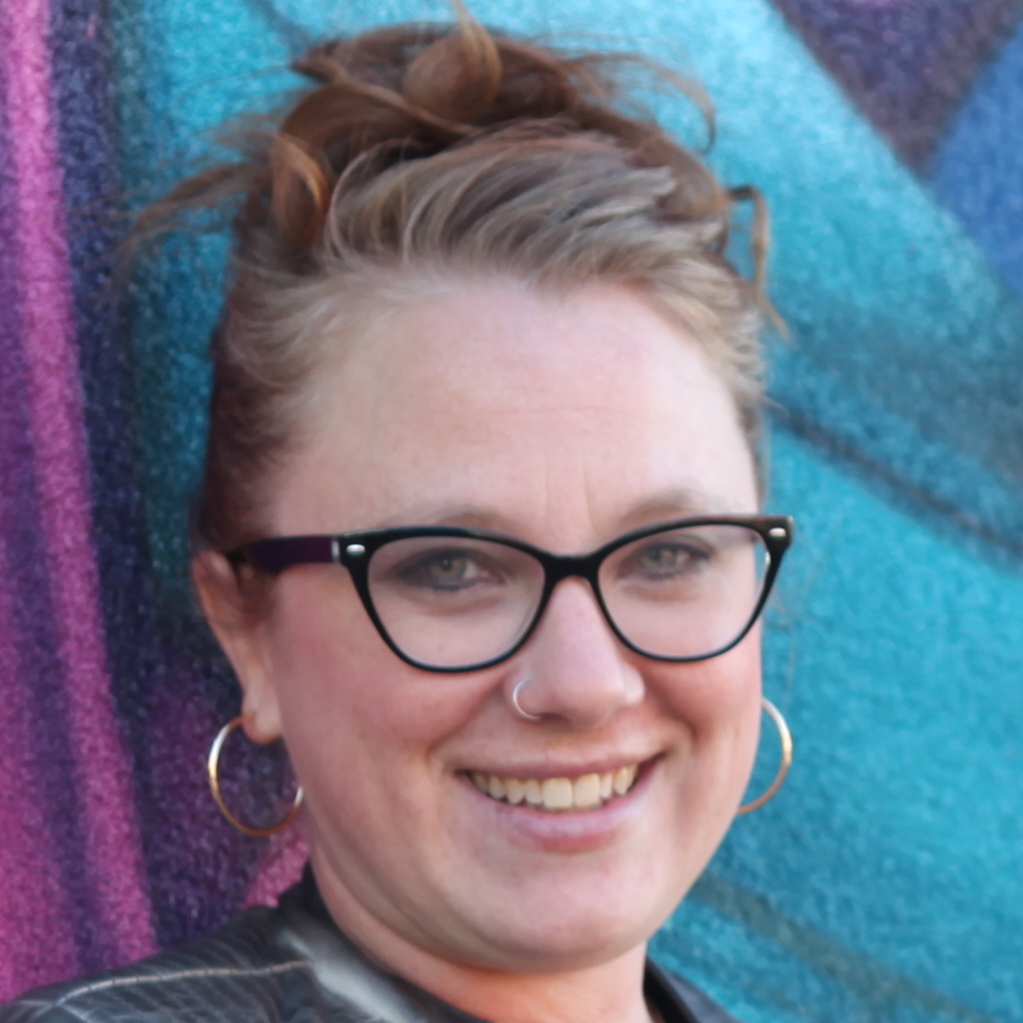5 minutes
How included and welcomed we feel at work affects individual, team and company success.
Wellness and diversity, equity and inclusion are having a much-needed moment. While in recent years these programs have become a more accepted and expected part of the workplace, the COVID-19 pandemic and the Black Lives Matter movement cast an even brighter spotlight on these aspects of workplace culture in 2020. Organizations that had avoided speaking out on these issues were suddenly conspicuous by their absence, and taking a strong stand became an expectation from both employees and from customers.
"In the wake of nationwide protests against racial injustice, employees are expecting employers to not only talk the talk but also walk the walk,” said Glassdoor senior economist Daniel Zhao in an August 2020 SHRM article. “New economic research suggests that pressure and awareness from employees may be spurring companies to back up their commitments with action.”
Allies, those in the majority advocating for marginalized groups, have become more important than ever. Organizations have the opportunity to be allies on a grander scale and it’s about more than joining the conversation; it’s about taking action to support employee social and mental wellness and psychological safety.
We often think of wellness and DEI as separate topics with different approaches. Wellness means fitness centers, nutrition challenges or meditation groups, while DEI is about employee resource groups, recruitment and, in many cases, much-needed policy changes. The truth is that whether you’re talking about fewer sugary snacks in your vending machines or gender-neutral restrooms, it’s all part of the same conversation.
Wellness is holistic. It actually breaks down to eight dimensions: Physical, emotional, spiritual, financial, social, occupational, intellectual and environmental.
When we stand back and see the full spectrum of well-being, it’s clear how DEI fits in, especially when we focus on the often-forgotten topic of inclusion and its importance to our social and emotional wellness. This is the part of DEI that tends to require the most thought and effort. Inclusion means a sense of belonging and that needs to be genuine, leading with empathy and self-awareness. It’s also the part of DEI work that can be the most impactful in the workplace, especially when you consider retention.
Studies have shown that placing value on employee individuality reduces turnover and even positively impacts customer satisfaction. How included and welcomed we feel at work affects everything from how likely we are to share ideas in a meeting to how comfortable we feel talking about our weekend plans in the breakroom. And it all matters deeply when it comes to individual and team success. Google’s 2015 study revealed that psychological safety, feeling safe to take risks and be vulnerable in front of each other, is the most important factor in building successful teams. Our ability to bring our whole, authentic self to work is vital to our sense of psychological safety and, ultimately, our productivity and job longevity.
Quick Deep-Dive: Diversity
Remember that, like wellness, diversity is also a big, broad term and you can’t have diversity without inclusion. We tend to focus on diversity we can see like race and gender, but there are tons of different ways in which people identify that shape their unique experience and contributions. Parental status, religion, sexual orientation, gender identity, neurodiversity (variations in the brain regarding sociability, learning, mood and other mental functions), and educational background are just a few examples of diversity we can’t see. But all aspects of diversity bring valuable perspectives to the workplace, especially in industries where trust and connection with customers is vital to everyday success. Keep this in mind as you start to examine DEI through a wellness lens.
Linking DEI and Wellness
If your DEI and wellness programs aren’t operating in tandem, it’s a great time to consider how they can be bridged and even rebranded to help your employees see them as pieces of a whole. You can start this process by doing a simple assessment of your current programs. A few tips first:
- Include yourself. As a leader, your involvement is crucial. Your presence in these conversations signals the importance you place on this work and models behavior for managers throughout your organization.
- Assemble a diverse team. Your top managers may be best poised to create and model change, but they may not always have the real story when it comes to employee wellness and inclusion. Make sure you create space for input from all levels of the organization so you see the full picture. This may mean small group discussions or even anonymous surveys to help ensure everyone feels heard and safe to express their opinions. And of course, make sure any current staff with responsibilities around DEI or wellness have a seat at the table.
- Stay open. When organizations start to dig in and invite feedback about employee well-being, uncomfortable truths can surface. Remember that this journey is ongoing and some growing pains are inevitable. Accept employee experiences with gratitude and a willingness to learn, keeping in mind that there is vulnerability on both sides of feedback.
With your team in place, start with these questions:
- What are we doing right now to address the eight dimensions of wellness for our employees?
- Consider your benefits, policies, internal communications, development opportunities/programs and even your physical office spaces.
- You can also take the short culture quiz available on my website
- What could we do to improve in each area?
- What does each dimension of wellness mean for our organization?
Ask for Help
Approaching wellness and DEI can feel daunting and even scary, especially because these topics are personal and make us feel vulnerable. Most organizations aren’t experts in these spaces, so asking for outside help when you need it is important. Recognizing our own knowledge gaps is a huge part of learning and improving--and wellness, especially the DEI piece, is ongoing. Consultants can provide expertise and also a neutral outside perspective that can be extremely beneficial when it comes to conversations around inclusion.
Heidi Duss is the founder of Culturescape Consulting, a diversity, equity and inclusion consultancy based in Madison, Wisconsin. She is an award-winning LGBTQIA+ expert with over 15 years of HR leadership experience.






